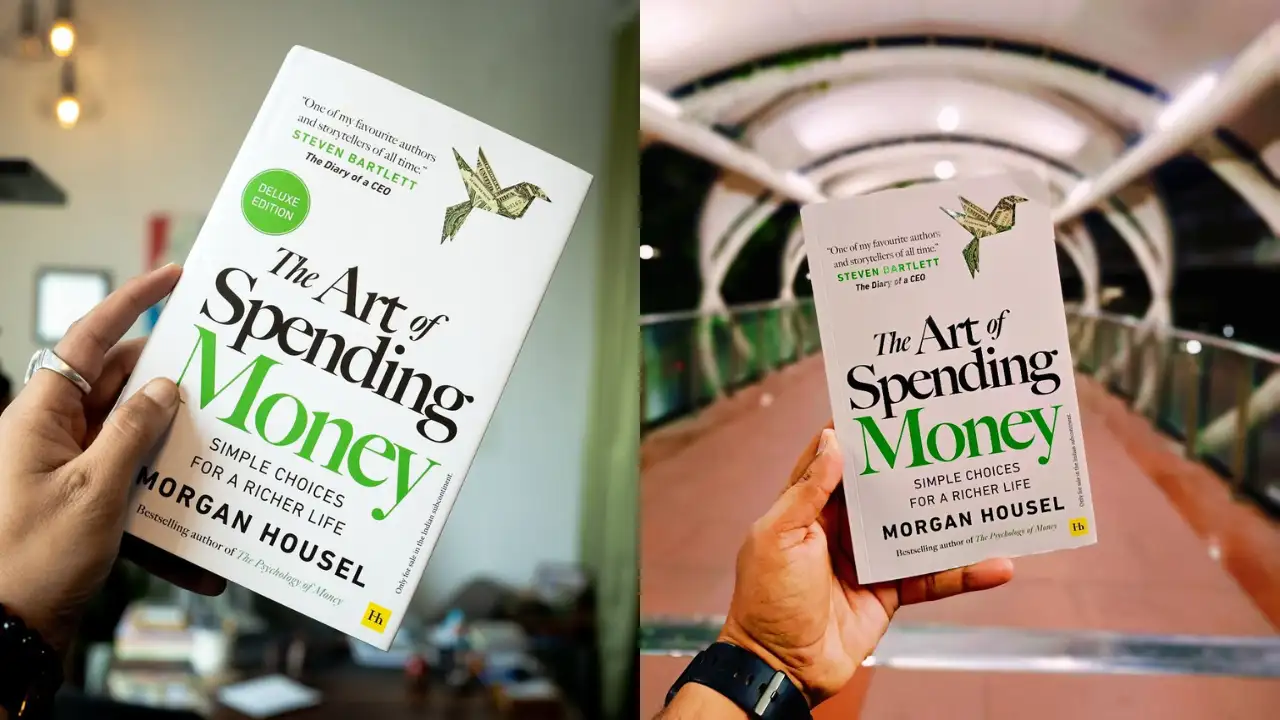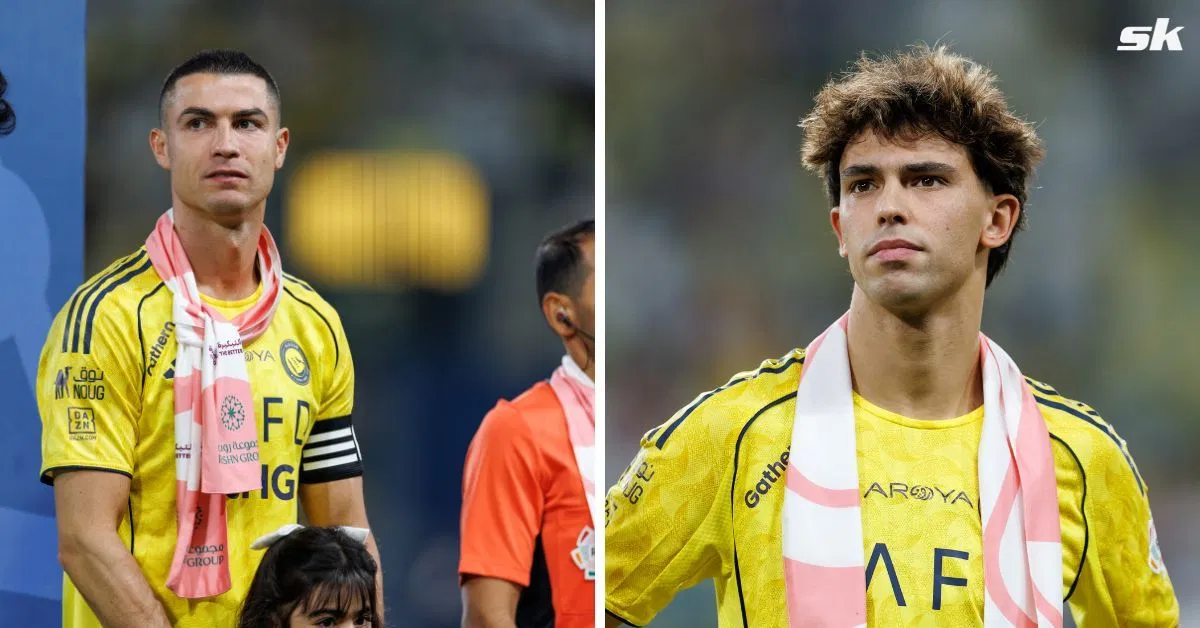Copyright timesnownews

Money has always been more emotional than rational. In 'The Art of Spending Money', Morgan Housel dissects not how to earn or invest, but how to think and behave with money. His writing combines humility, psychology, and sharp insight to reveal that our financial habits reflect our values more than our income. These ten lessons redefine wealth as something deeper than possessions and teach us how spending wisely can mean living freely. Also Read: 10 Lessons to Learn from the Book 'Rewire' by Nicole Vignola 1. Spending Reflects Who You Are, Not What You Own Housel believes that spending is the purest mirror of our inner life. People often buy to impress others rather than express themselves. When money aligns with authentic values, it becomes a reflection of peace, not performance. True satisfaction comes when purchases affirm your identity, not your insecurity. The healthiest relationship with money begins when you spend to live meaningfully, not to prove your worth to anyone else. 2. Wealth Is What You Don’t See The most financially secure people rarely look rich. Their wealth sits quietly in savings, investments, and flexibility. Housel reminds readers that the expensive car or luxurious holiday only proves how much money has been left in your account, not how much remains. Real wealth is invisible because it manifests in choices and calmness. It is the quiet assurance that you can take risks, say no, or rest without fear of financial ruin. 3. Knowing When You Have Enough Is True Freedom “Enough” is a rare word in a world obsessed with more. Housel argues that understanding when you have enough prevents greed from becoming your downfall. When you define your threshold for satisfaction, you escape the endless comparison trap. The joy of “enough” is the peace of knowing that contentment is not stagnation but mastery. Real success, he writes, is not measured by expansion but by the ability to stop chasing endlessly. 4. Freedom Is the Highest Return on Investment Housel insists that the greatest dividend money pays is freedom. Every saved pound translates into time, choice, and independence. The ultimate financial goal should be autonomy, not accumulation. When you can decide how to spend your day without financial anxiety, you are truly wealthy. Money should buy flexibility, not luxury. This shift from consumption to control redefines prosperity as the quiet confidence to live on your own terms. 5. Frugality Is a Form of Clarity, Not Punishment Housel reframes frugality as mindfulness. It is not about cutting pleasure but about questioning impulse. Every expense is an opportunity to ask whether it adds meaning or noise to your life. True frugality removes clutter so that joy feels sharper and more intentional. It is less about denial and more about focus. When you buy thoughtfully, even simple things begin to feel like luxuries because they are genuinely wanted. 6. Experiences Compound in Value, Possessions Decline According to Housel, the money spent on memories appreciates with time. Travel, conversations, and shared moments deepen emotional wealth, while physical objects lose their charm. Experiences invite nostalgia and gratitude, while things demand maintenance. The memories you make enrich your story long after their cost is forgotten. The best spending decisions are those that strengthen identity and relationships, proving that the emotional return on investment far outweighs the material one. 7. Comparison Kills the Joy of Earning Nothing erodes satisfaction faster than measuring success through others’ spending. Housel warns that envy traps people in a cycle of insecurity. Someone will always have more, which makes comparison a game no one wins. Gratitude, on the other hand, is both grounding and enriching. It shifts focus from competition to appreciation. When you stop comparing, you rediscover abundance. True contentment arrives not with more possessions but with fewer comparisons. 8. Luck and Risk Are Unseen Partners in Wealth Housel writes that financial outcomes often owe as much to luck as to effort. This truth can humble the successful and comfort those still struggling. Acknowledging chance reduces arrogance and increases empathy. Everyone faces different opportunities, setbacks, and timing. The key is to respect uncertainty rather than deny it. Accepting luck’s influence encourages gratitude when things go well and resilience when they do not. Wealth, therefore, becomes a balance of effort and fortune. 9. Spend to Minimise Regret, Not Maximise Impression The smartest spending decisions are those your future self will thank you for. Housel encourages readers to ask whether a purchase will matter in ten years. When money aligns with long-term values instead of fleeting desires, regret fades. Social approval is temporary, but personal satisfaction lasts. Money should not be a performance; it should be a tool to reduce regret. Spend where it nurtures purpose, not where it wins attention. 10. Money Is a Story — Make Yours Worth Telling For Housel, every financial decision contributes to the narrative of your life. Whether you are saving, splurging, or giving, you are telling the world what you value. A good money story is not about extravagance but about coherence. The goal is to use money to write a life of stability, generosity, and peace. When you treat money as a supporting character, not the protagonist, it enriches your story instead of dictating it. Also Read: 10 Lessons to Learn from the Book 'Zen and the Art of Motorcycle Maintenance' Morgan Housel’s 'The Art of Spending Money' redefines success as emotional intelligence applied to finances. His lessons are not rules but reflections guiding readers towards self-awareness through their financial choices. In the end, wealth is not measured by numbers but by peace of mind. When spending aligns with meaning, money ceases to be a burden and becomes an ally. The richest life is not the one with the most money, but the one lived most consciously.



